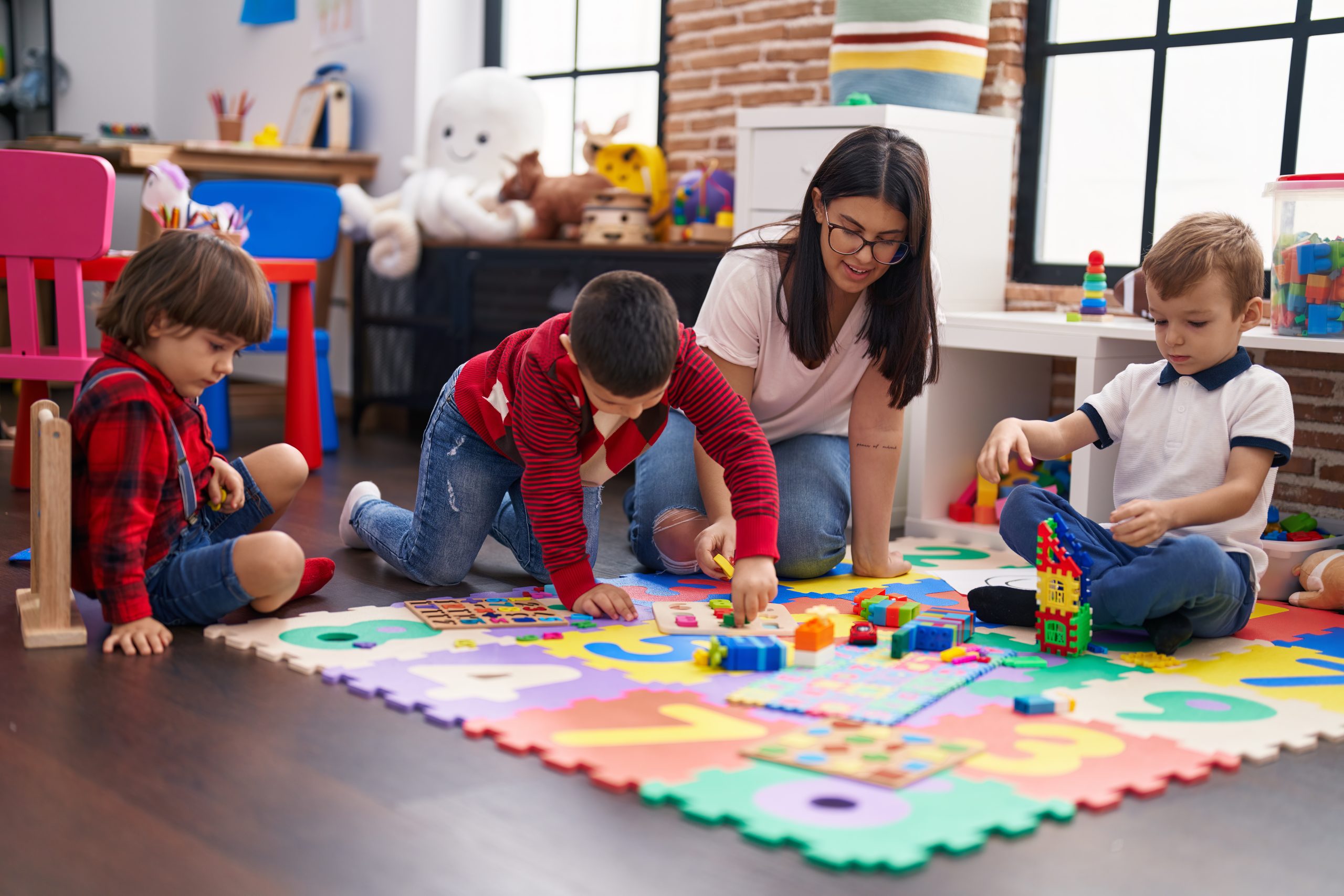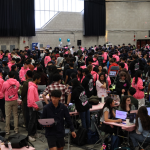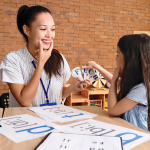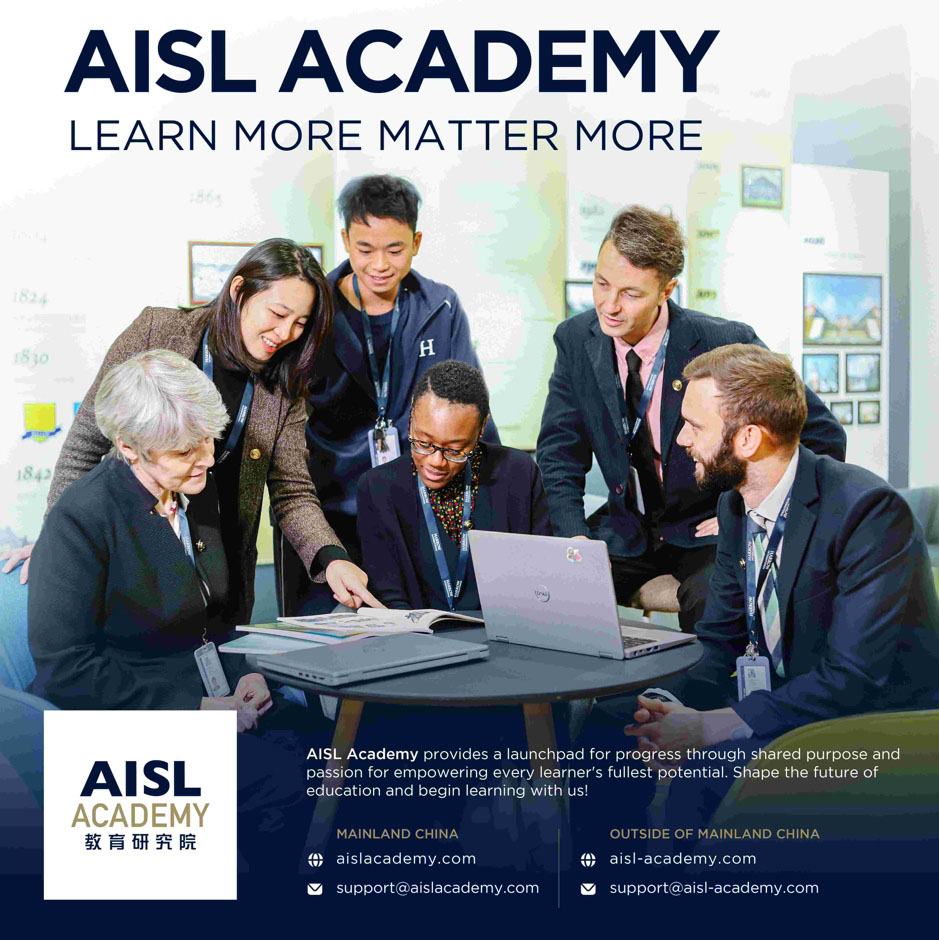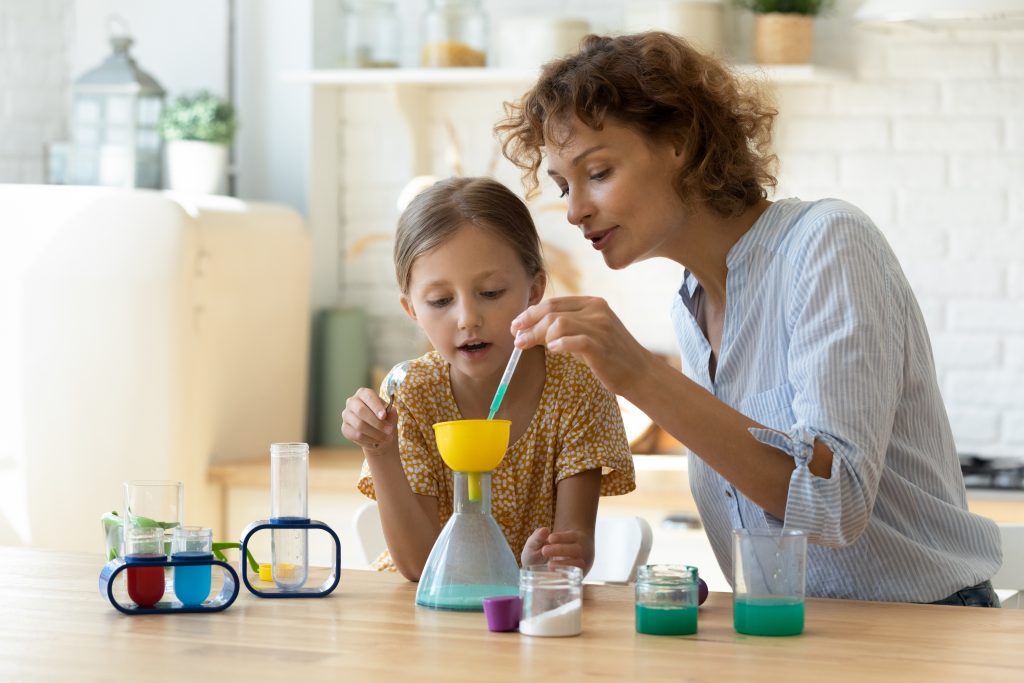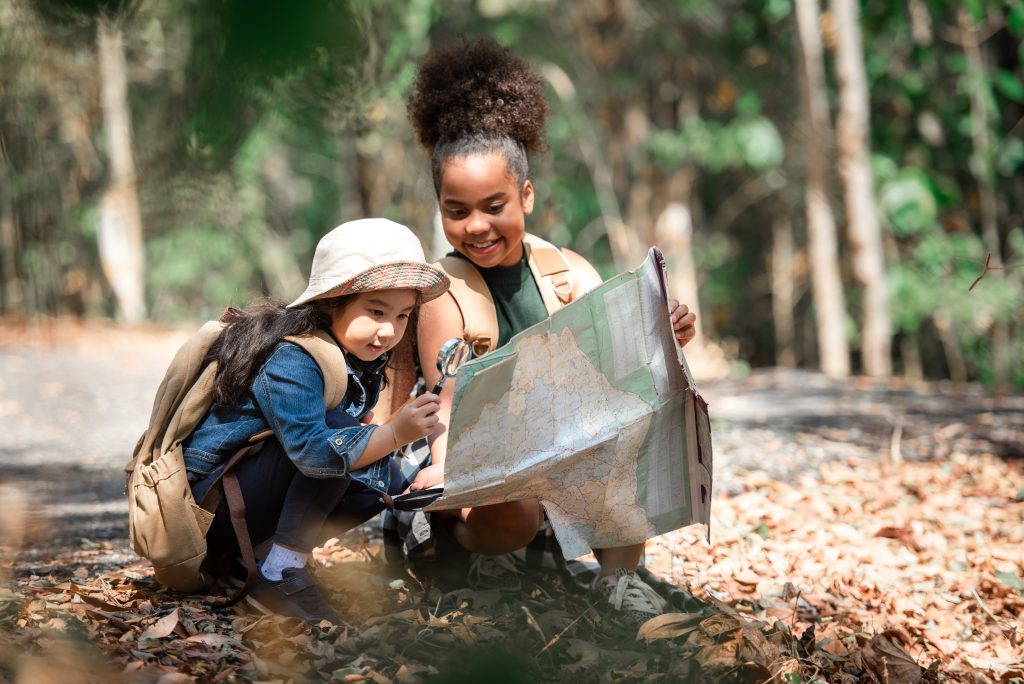Mathematics can feel intimidating for many students — rigid, procedural, and unforgiving. Yet mathematics is also meant to be a playful, exploratory domain where learners can engage creatively with ideas. In the article Softening the Sharp Edges in Mathematics, Stanford education professor Jo Boaler argues that we need to broaden our approach to teaching maths: moving from narrow, high-pressure procedures to more flexible, concept-driven, “math-ish” thinking.
For maths educators, this matters deeply. When students feel confined by rigid rules or a fear of mistakes, they may lose confidence, develop maths anxiety, or disengage altogether. By reimagining instruction in more relational, visual, and exploratory ways, educators can help every student — regardless of ability level or background — to build deeper number sense, maintain curiosity, and feel that mathematics is accessible to all.
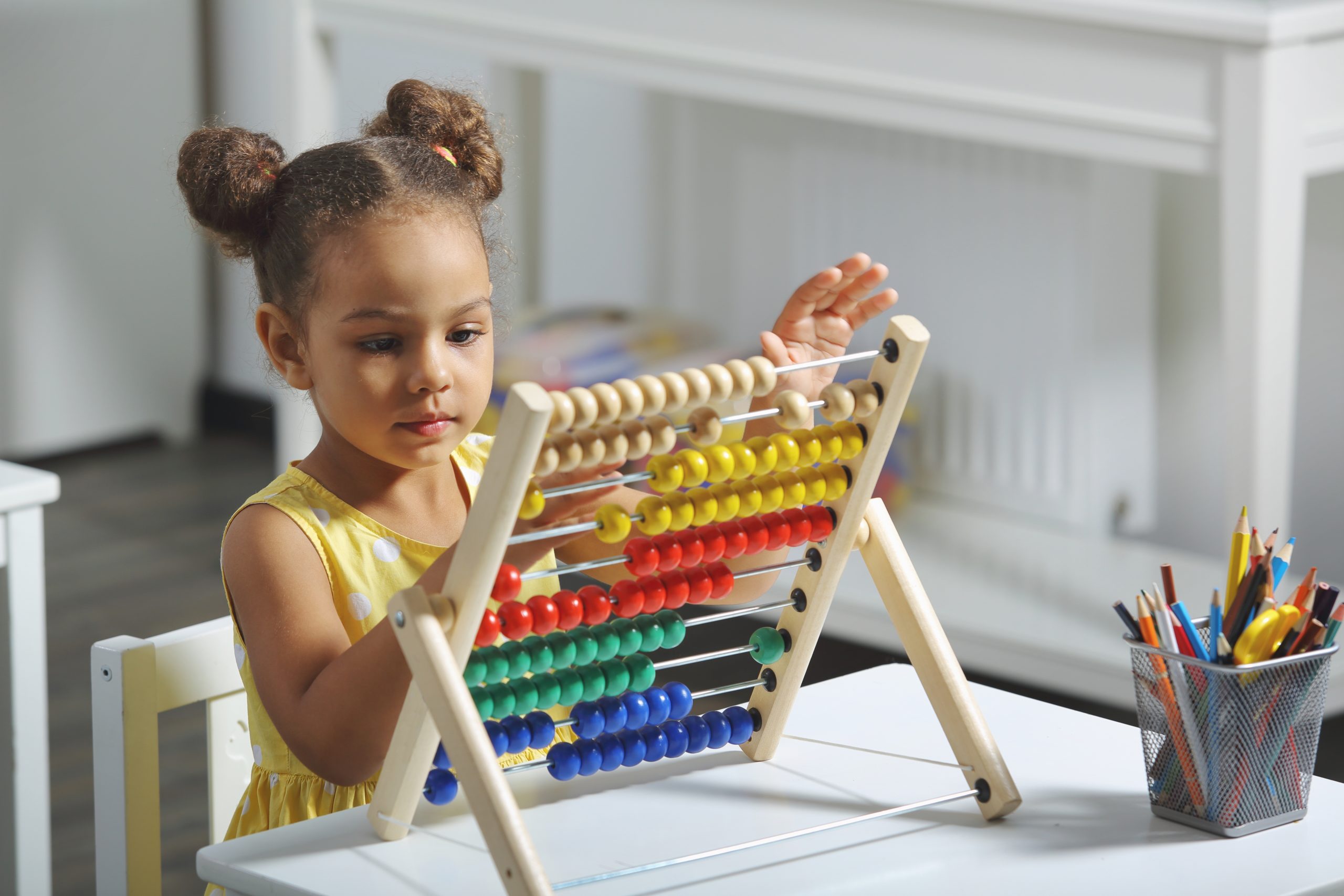
Key Takeaways:
- “Math-ish” Thinking Encourages Flexible Reasoning: Boaler defines “math-ish” as estimating, reasoning, and playing with numbers, rather than immediately seeking precise procedures or answers. This mindset invites students to make sense of problems before calculation, encouraging broad participation and confidence.
In practice: Begin lessons with estimation tasks (“what is a reasonable answer?”) before introducing formal methods. Encourage students to justify why their estimates or approaches make sense, not just whether they are correct.
- Visual, Physical, and Model-Based Representations Strengthen Understanding: Instead of always using abstract symbols, Boaler highlights the power of manipulatives, drawings, and visual models. These not only support immediate understanding but help students gradually build flexible internal representations that underpin deeper mathematical thinking.
In practice: Use physical cubes, area models, number lines, or graph sketches to explore fraction addition, multiplication, or algebraic relationships — helping students move between the concrete and the abstract with confidence and insight.
- Encourage the Value of Multiple Methods: One formula or procedure is often not enough. Boaler argues that when students see and discuss multiple solution paths, they develop conceptual thinking and mathematical flexibility, which fosters greater inclusion and resilience.
In practice: Prompt students to solve the same problem in different ways (mental calculation, visual representation, direct computation) and lead discussions comparing strategies, so all students see that there are many valuable ways to approach mathematical problems.
- Embrace Mistakes and Buffer Against Perfectionism: Rigid expectations can lead to a fear of mistakes. Boaler emphasises that mistakes are not just acceptable, but essential to mathematical learning. Introducing “ish-ness” helps students shift from the pressure of exactness to valuing reasonable, evolving thinking, and reduces anxiety.
In practice: Celebrate estimates, partial reasoning, and “good mistakes” during lessons. Use discussions of mistakes to reveal student thinking and illuminate learning paths, demonstrating that missteps are stepping-stones rather than setbacks.
Boaler’s vision reminds us that mathematics education need not be harsh or inflexible. As educators, adopting “math-ish” practices — estimating, modelling, multiple paths, and visual reasoning — allows students to engage more confidently and meaningfully with numbers.
To explore Boaler’s ideas in full, read the article: Softening the Sharp Edges in Mathematics.
Extra-Curriculum STEAM activities that may be of interest:
Get a special discount by quoting code AISLMALL during CHECKOUT.
3Education - AI Presentation Training Solution
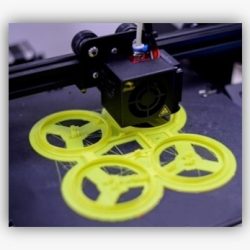
3Education is committed to assisting schools in adapting technology to cultivate self-learning ability for the new generation. A self-administered training platform is powered by composite artificial intelligence which can analyze learner’s performance at highly granular levels, track performance changes over time, provide professional tips and advice for continuous improvement and connect learners with a marketplace of advanced learning resources.
ActiveKids - Science Adventures & RoboCobo
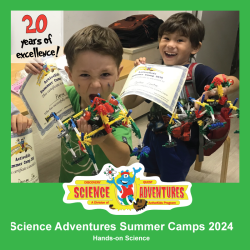
Science Adventures offers hands-on science learning, inspiring curiosity with projects on sustainability and renewable energy. RoboCode teaches kids to build and program robots, developing skills in coding, logic, and engineering. Both camps foster creativity, critical thinking, and innovation in STEAM.
Cobo Academy - Robotics Course (All Levels)
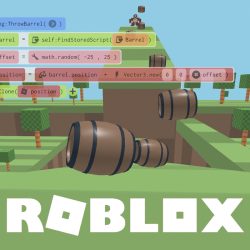
Cobo Academy Robotics Level 1 course introduces students to Lua, the programming language behind Roblox, and teaches 3D modeling basics in Roblox Studio. Students will learn to design their own games, with prior computer knowledge (PC or Mac) being beneficial.
Create and Learn - Scratch Coding Classes For Grade K – 10
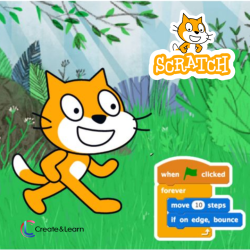
Create & Learn offers interactive online Scratch coding courses for kids, designed to teach problem-solving, creativity, and computational thinking. With a small class size for personalized attention, students can create games, animations, and stories, building a solid foundation for future coding skills.
DTSL - Makeblock Robotics Collection
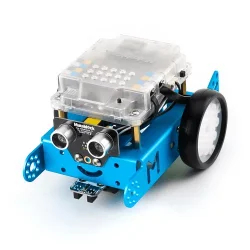
Makeblock offers a range of educational robots and accessories for learning robotics, programming, and AI. From beginner-friendly mBot to advanced CyberPi, their products provide hands-on STEAM experiences for all ages, helping students unleash their creativity in an engaging and accessible way
Voyager Summer Camps – AI, Coding x Science
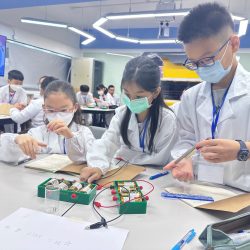
Join Voyager Education STEAM.org accredited camps: Wonderlab: Little Explorers (5-7), Wonderlab: AI Coding Science Adventures (8+), and Summer Tech Camp (Python & AI). These programs enhance skills in science, coding, and technology, offering a fun and enriching learning experience for all ages.
